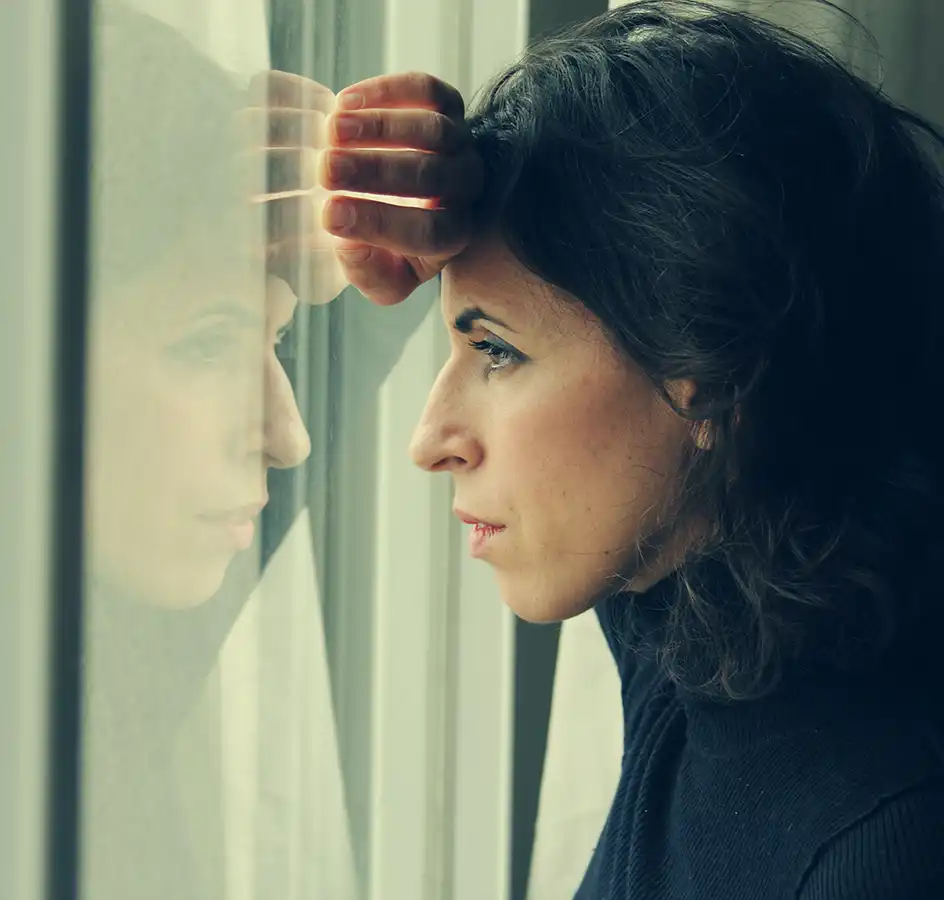Statutes of Limitations for School Sexual Abuse
Every U.S. state sets deadlines—known as statutes of limitations (SOL)—that determine how long survivors have to file a legal claim. These deadlines can vary based on:
- The state where the abuse occurred.
- Whether the school is public or private.
- The survivor’s age when the abuse happened.
- When the abuse was discovered or reported.
Many states extend the SOL for minors, pausing the clock until the survivor reaches adulthood. Others have “delayed discovery” rules, giving additional time if the survivor realizes the harm years later.
Paths to Seeking Justice
If you’ve faced sexual assault or harassment in a school setting, it’s important to know that the law is on your side. In the United States, Title IX makes sexual harassment and assault forms of unlawful gender discrimination in any federally funded school, including most public, private, and religious institutions. Schools are required to respond promptly and appropriately to reports, ensuring a safe learning environment.
Understanding Your Rights
- Safety and Support: Schools must take steps to stop ongoing harassment or assault, prevent it from happening again, and address its effects. This could mean academic accommodations, counseling, or protective measures like no-contact orders.
- Access to Policies: Schools are legally required to share their policies on sexual harassment and assault, along with clear reporting procedures.
- Freedom from Retaliation: It is illegal for anyone—students, staff, or administrators—to punish, intimidate, or coerce you for reporting or participating in an investigation.
- Separate Processes: Title IX investigations are handled by the school and are separate from criminal investigations. You may choose to pursue either, both, or neither.
Steps You Can Take
- Review Your School’s Policies – These are often in the student handbook or on the official school’s website under “gender discrimination” or “Title IX.”
- Document What Happened – Write down events as soon as you can, noting dates, times, locations, people involved, and any witnesses. Save messages, emails, or other evidence.
- File a School Sexual Abuse Report – Contact your school’s Title IX coordinator or another designated official. Reporting in writing is recommended so you have a record.
- Keep Records of All Interactions – Maintain copies of communications and notes from meetings with school officials.
- Seek Support – This can include trusted friends, counselors, survivor advocates, or legal professionals who can explain your options.
















